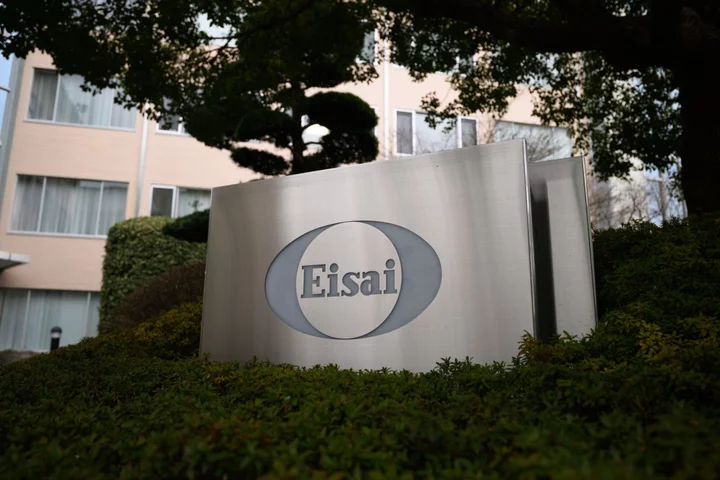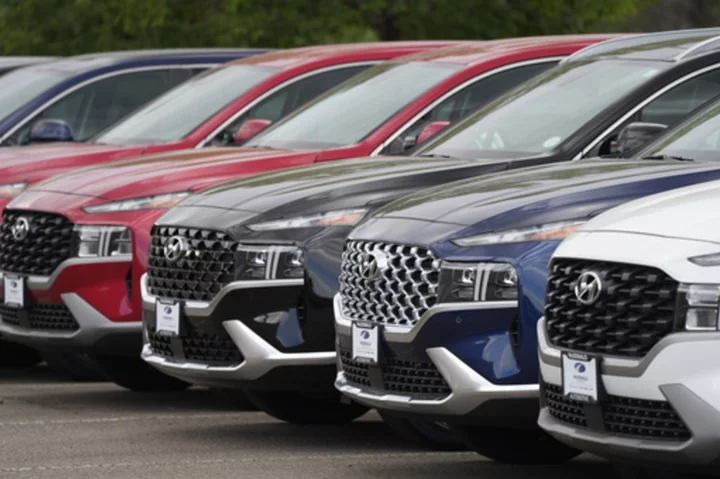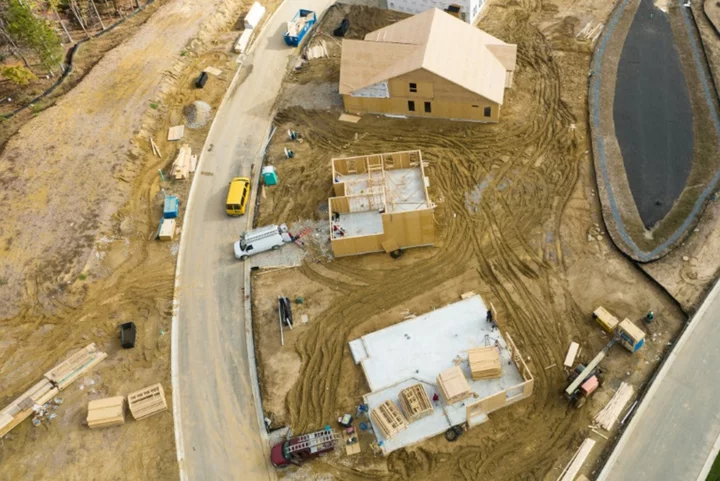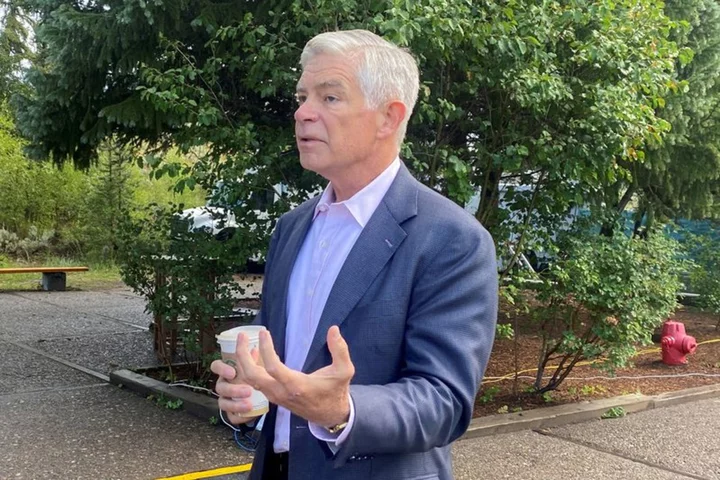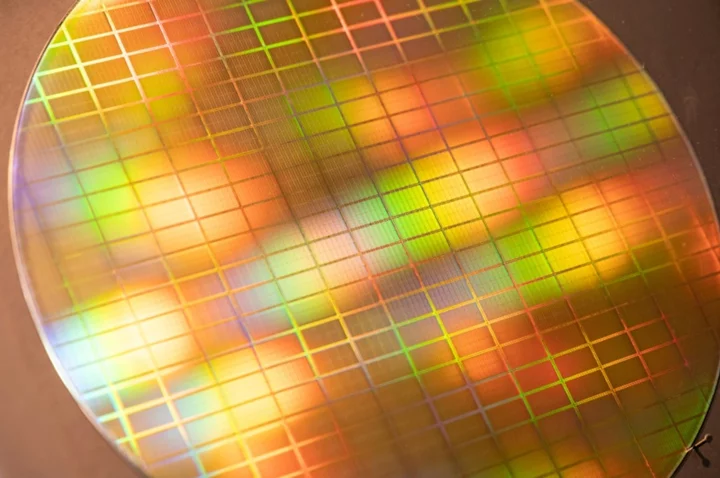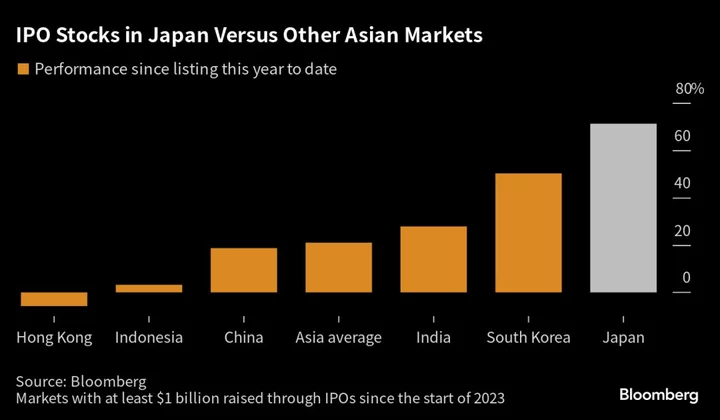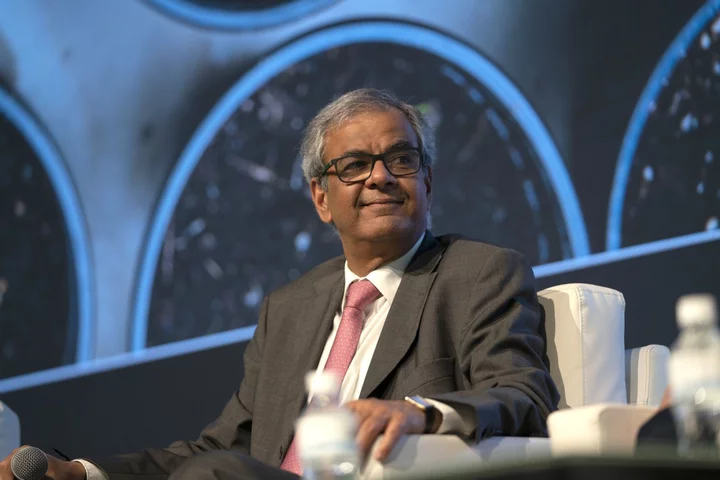Eisai Co.’s breakthrough Alzheimer’s disease drug won clearance from Japanese regulators after the medicine was fully cleared in the US in July.
Japan’s health ministry approved the use of Leqembi to suppress the progression of mild cognitive impairment and dementia, following the backing of a panel’s recommendation in August, Eisai said in a statement Monday. Eisai shares rose as much as 3.5% in afternoon trading in Tokyo, their biggest intraday climb since June.
Japan became the second country to sign off Leqembi by Eisai and partner Biogen Inc., the first drug to slow progression of the mind-robbing disease, marking a milestone in the rapidly aging society, where more than 6 million people are living with it. Alzheimer’s disease is the most common type of dementia, which afflicts over 55 million people worldwide and is expected to almost double every 20 years, according to Alzheimer’s Disease International.
Read More: How a Japanese Drugmaker Clinched Win Over Alzheimer’s
Eisai is seeking approval of the medicine in other markets, including Europe and China. The company forecasts revenue from Leqembi to reach ¥1 trillion ($6.7 billion) in fiscal 2030.
While Eisai set the price of the drug at $26,500 a year in the US, the cost in Japan will be capped by the government later in the year. Jefferies Japan Ltd. analyst Stephen Barker assumes Japan’s reimbursement to be about ¥2 million per year, according to his note in August.
The drug, also called lecanemab, is among the most potent in a new generation of antibodies that help clear amyloid, a toxic protein that slowly builds up in the brains of Alzheimer’s patients
Leqembi’s full US approval in July followed an accelerated clearance process in January and is expected to spur broader insurance coverage in the world’s biggest pharmaceutical market. The approval also came with testing requirements and strict side effects warning.

